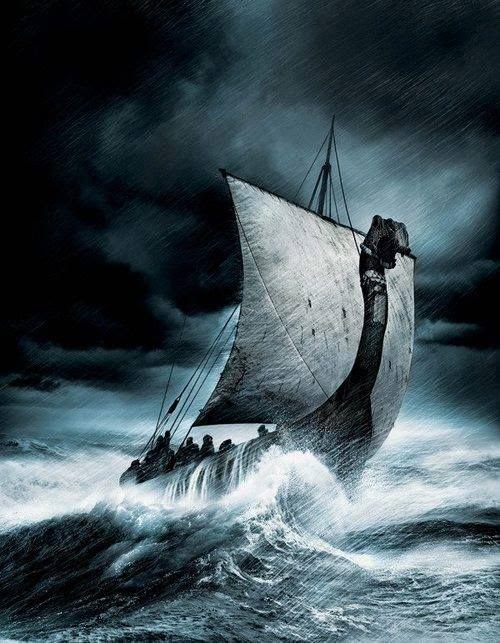Members Only 74 – Shop Talk on Cultural Imaginaries


A Chronological History of Britain


Podcast: Play in new window | Download
At the end of last episode, the gates of Jorvik had opened and the Great Heathen Army marched forth. They were headed South, to the Kingdom of Mercia. Mercia makes sense for the Northmen. The leaders of the Great Army had already bolstered their northern border, through their puppet King Ecgberht. East Anglia had been brought to heel and economically devastated, they were unlikely to muster any sort of resistance in the future. Similarly, Greater Wessex had proven to be a paper tiger. Despite dominating the southern kingdoms, the warbands of Wessex were unable to move the Northmen even out of Thanet… nor were they capable of seeking retribution for the raids of Kent, despite the fact that those raids were a violation of the peace that had been purchased through the Danegeld. Wessex was nothing to worry about.

Podcast: Play in new window | Download
I’d like to start today’s episode with a poem. Not about my feelings, or about a tough breakup… but a skaldic poem from the 12th century. It’s called The Lay of Kraka, and it was probably recorded somewhere in Scotland. The reason why it’s important is that it contains what is claimed to be Ragnar Lodbrok’s death song… So according legend, this is the starting point for everything we’re been talking about.


Podcast: Play in new window | Download
When we left off last time, King Edmund of East Anglia had paid a Danegeld to the Great Heathen Army… and rather than leaving, the army had set up camp in his Kingdom. It was a situation that would have caused all manner of havoc for virtually everyone who lived in the small eastern Kingdom.


Podcast: Play in new window | Download
Here we are, with a new king in Wessex. King AEthelred, son of AEthelwulf, was now sitting the throne. He was in his 20s, and despite having a large family back when he was a child… now his only family left were his wife… Queen Wulfthryth (and good on you Wulfthryth for insisting on being given the title of Queen… other than that, we don’t know much about her, but the fact that she was listed as queen, and her name, has lead some scholars to suspect that she was Mercian. You’ll remember that the Mercians were a bit less restrictive on women in power than their southern cousins).